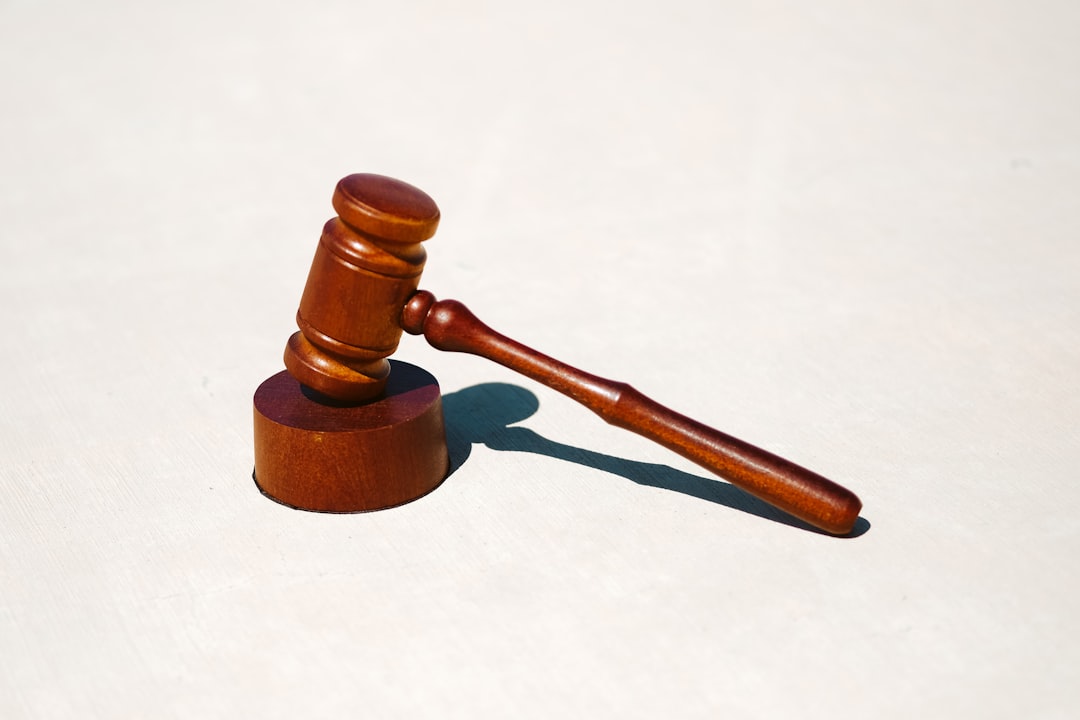The Federal Communications Commission (FCC) has implemented stringent rules to combat spam texts in the US, prioritizing consumer privacy and protection against intrusive messaging. In South Carolina, telecommunications law specialists act as crucial guides for carriers, ensuring compliance with these complex rules to avoid legal challenges related to unwanted text messages. Individuals receiving spam can consult local spam texts lawyers South Carolina to understand their rights and pursue potential damages, while these specialists also assist carriers in understanding policies, implementing anti-spam measures, handling consumer complaints, and taking legal action against breaching parties.
Carriers in South Carolina must adhere to stringent FCC rules regarding unwanted text messages, known as spam. This article delves into the intricacies of these regulations, illuminating the obligations of carriers and the potential legal implications for non-compliance. With spam texts lawyers in South Carolina playing a crucial role in enforcement, understanding these rules is essential for businesses aiming to avoid costly penalties and maintain customer trust.
Understanding FCC Rules on Unwanted Texts

The Federal Communications Commission (FCC) has established stringent rules to curb the deluge of unwanted or unsolicited text messages, also known as spam texts, in an effort to protect consumers from intrusive and often deceptive messaging. These regulations are particularly relevant for carriers, who must implement measures to prevent and manage such messages effectively. South Carolina residents, like many others across the nation, have the right to privacy when it comes to their mobile communication.
Carriers are responsible for ensuring that they only send text messages with prior explicit consent from the recipients. This means obtaining clear permission before bombarding customers or non-customers with promotional or advertising texts. Failure to comply can result in significant fines and legal repercussions, as highlighted by numerous cases involving spam texts. Lawyers specializing in telecommunications law play a crucial role in guiding carriers through these complex regulations to stay compliant and avoid potential legal pitfalls associated with unwanted text messages.
Obligations for Carriers in South Carolina

In South Carolina, carriers have a legal obligation to comply with Federal Communications Commission (FCC) rules regarding unwanted text messages, often referred to as spam texts. These regulations aim to protect consumers from unsolicited communications and give them control over their privacy. Carriers must implement robust measures to prevent the transmission of spam texts, including obtaining explicit consent from recipients before sending any promotional or advertising messages.
South Carolina’s laws also empower citizens to take legal action against carriers who fail to adhere to these guidelines. Should a customer receive spam texts, they can consult with experienced lawyers in South Carolina to understand their rights and explore potential remedies. This includes seeking damages for any harm caused by the unsolicited text messages.
Legal Implications and Role of Spam Lawyers

Carriers have a legal obligation to adhere to Federal Communications Commission (FCC) guidelines regarding unsolicited text messages, often referred to as spam. The FCC has stringent rules in place to protect consumers from unwanted marketing messages, and non-compliance can result in significant legal consequences. In South Carolina, as in many states, spam lawyers play a crucial role in ensuring these regulations are enforced.
These attorneys specialize in telecommunications law and have in-depth knowledge of the FCC’s spam policies. They assist carriers in understanding their responsibilities, implementing effective anti-spam measures, and responding to consumer complaints. Should a carrier breach these rules, spam lawyers can represent affected parties, help assess damages, and even pursue legal action on behalf of consumers who received unauthorized text messages.






